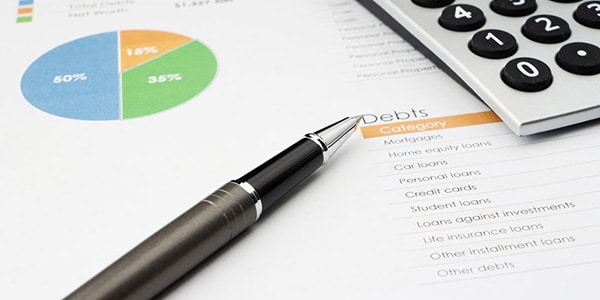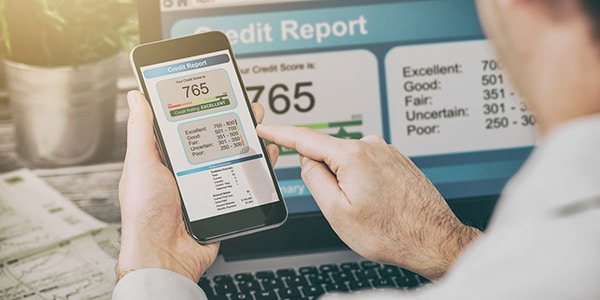If you’re looking to improve your financial standing and lower your debt, you might want to consider paying off your car loan before the obligatory pay-off date. While doing so can certainly bring some benefits — more money in your pocket and the freedom of owning your car outright — there are a couple of important downsides to consider as well.

The Pros and Cons of Paying Off Your Car Loan Early
When you take out a car loan, you agree to pay for the cost of the vehicle (the principal) as well as interest. Your annual percentage rate (APR) is the percentage of interest you pay each month. When you pay more than the minimum, that extra money goes towards the principal, lowering how much you owe in interest. That’s just one of the pros of early pay-off, but there’s more to know.
Pro: Paying the loan off early could save you cash in the long run.
Making an extra payment here and there, rather than making a single lump-sum payment speeds up the repayment process without draining your savings. Just make sure your overage payments go toward the principal of your car loan rather than the interest. These are called “principal-only” payments.
Con: Some loans include precomputed interest, so early payoff may not save you money in the long-run.
It is important to note that some car loans include precomputed interest, or interest that is calculated upfront. In these cases, you may not be able to save money on interest if you pay off your loan early.
Make sure you determine the amount of interest pay-off will save you in the long run. To find out if your interest was calculated up-front, look at your statement. If your interest is precomputed, it will be lumped together with the principal rather than a separate fee. You should speak to your lender if you aren’t sure.
Pro: More money in your pocket each month.
Another advantage to paying off your car loan before the end of the term is that you will have less money tied up in bills each month. That means, in theory, you’ll have more money to spend in other areas of your life.
More money in your pocket each month may allow you to save up some extra cash faster for a new car, build an emergency fund, chip away at your student loans, or free up money for a down payment on a house. In many cases, it will help improve your financial situation. But remember that paying off your loan balance can be costly, so while it may lower your monthly budget, it may also put a significant dent in your savings account.
Pro: Improved debt-to-income ratio.
Simply put, your debt-to-income ratio, or DTI, is the percentage of credit you use each month divided by your gross monthly income. Your DTI is one of many factors lenders and other creditors use to determine whether you will be able to pay back a loan. If your debt-to-income ratio is too high, a lender might be hesitant to offer you credit since it could indicate that you’ve taken on more debt than you can pay back.
If you have a debt-to-income ratio above 50% and plan to apply for a new loan or line of credit soon, lowering your DTI can help improve your odds of getting approved.
So how do you lower it? By reducing your monthly debt obligations. Paying off a loan and eliminating a monthly payment, like a car loan, will improve your DTI. However, if paying off a loan in one lump sum is not possible, you can also try to refinance it to lower the monthly payment. In 2021, borrowers who refinanced their auto loans saved an average of $1,158 per year.
Con: You may have to pay a prepayment fee.
It’s critical you understand the terms of your loan since, although it’s rare, it may include a prepayment or pay-off penalty to your lender. Car loan companies impose these fees to make up for the potential interest lost over the life of your loan. These are more common if you have poor credit and a subprime auto loan (meaning you have a high interest rate on your loan due to bad credit).
Fees vary depending on the company and the terms of your loan, but you can expect to pay a maximum of 2 percent of your remaining balance in prepayment costs. Not all car loan terms include this penalty, so be sure to check yours before you decide what to do.
Con: less ‘positive’ activity on your credit score.

Consider All the Factors
Ultimately, deciding whether to pay off your car loan early is a big financial decision that comes down to a few key factors. The amount you owe, your interest rate, and the terms of your loan will have a major impact on whether or not prepayment is the best move for you.

